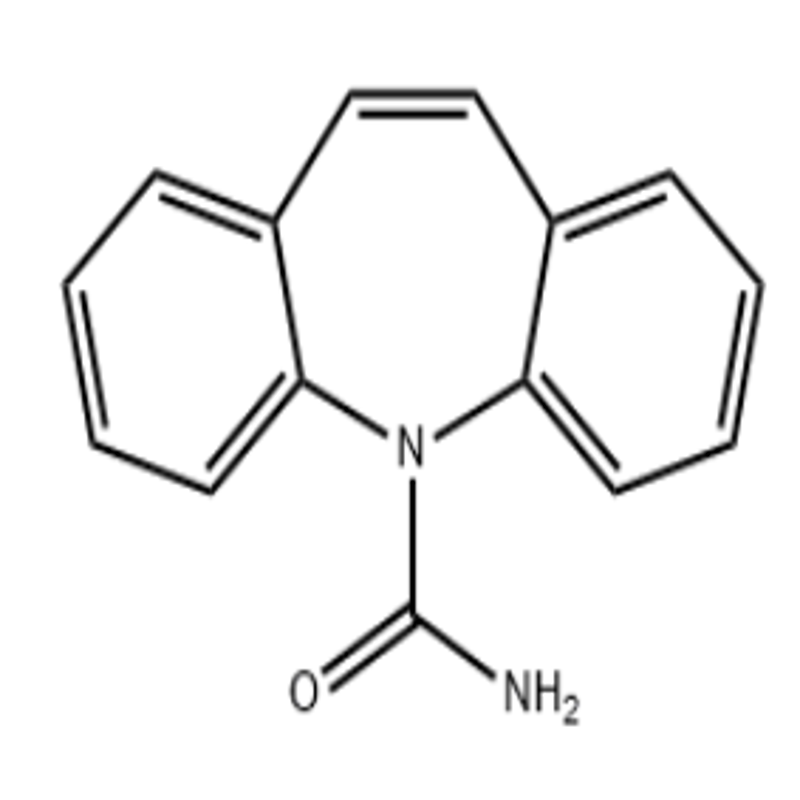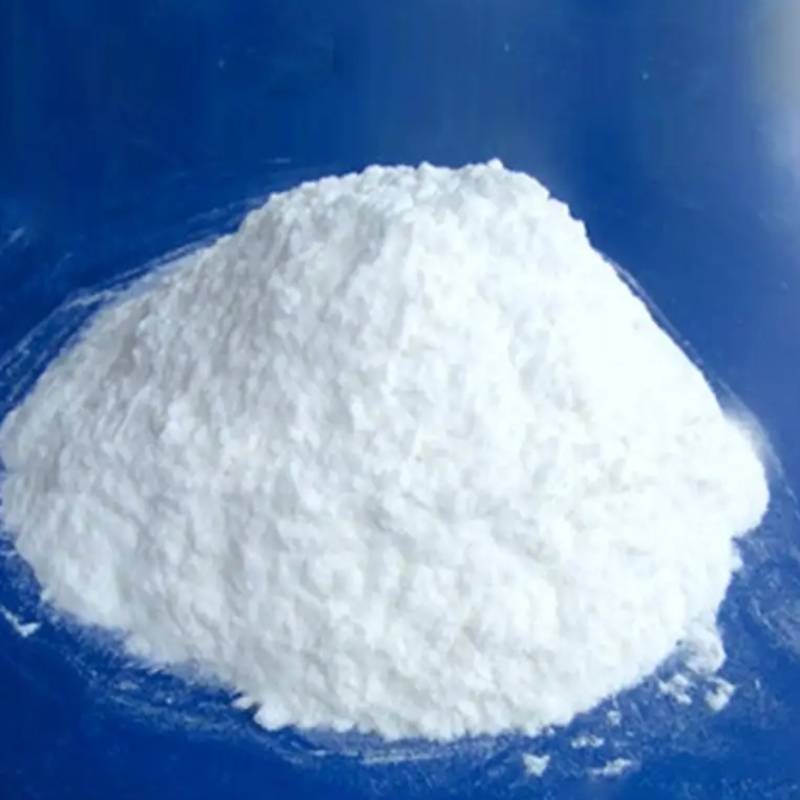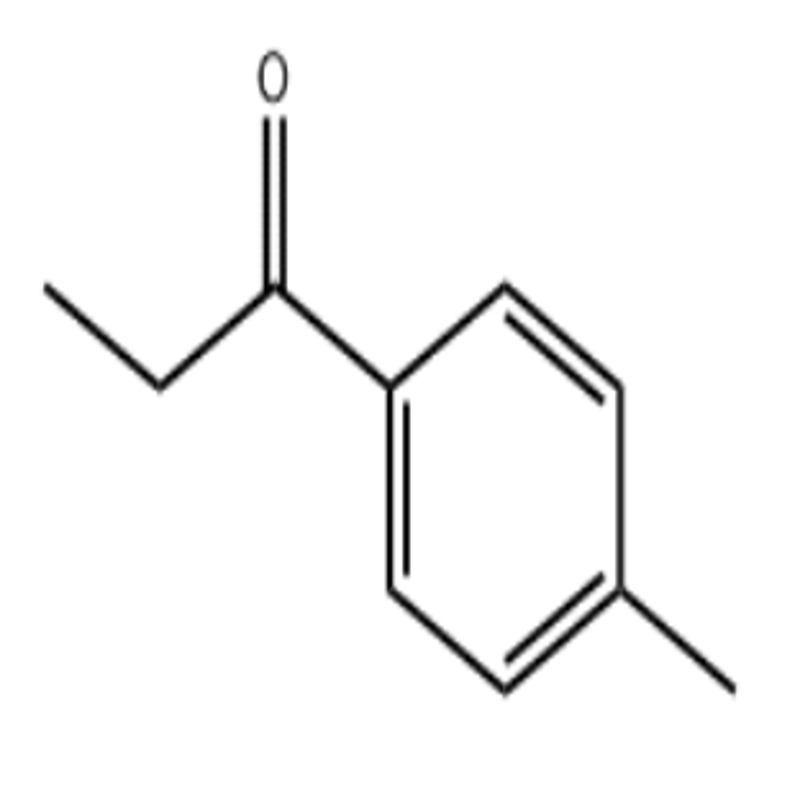-
Categories
-
Pharmaceutical Intermediates
-
Active Pharmaceutical Ingredients
-
Food Additives
- Industrial Coatings
- Agrochemicals
- Dyes and Pigments
- Surfactant
- Flavors and Fragrances
- Chemical Reagents
- Catalyst and Auxiliary
- Natural Products
- Inorganic Chemistry
-
Organic Chemistry
-
Biochemical Engineering
- Analytical Chemistry
-
Cosmetic Ingredient
- Water Treatment Chemical
-
Pharmaceutical Intermediates
Promotion
ECHEMI Mall
Wholesale
Weekly Price
Exhibition
News
-
Trade Service
5-Bromo-4-chloro-7H-pyrrolo[2,3-d]pyrimidine, also known as BCJ, is a chemical compound that has a wide range of applications in the chemical industry.
Its unique structure and properties make it a popular building block for the synthesis of various organic compounds, materials, and pharmaceuticals.
In this article, we will explore some of the most common applications of 5-bromo-4-chloro-7H-pyrrolo[2,3-d]pyrimidine in the chemical industry.
One of the most important applications of 5-bromo-4-chloro-7H-pyrrolo[2,3-d]pyrimidine is in the synthesis of pharmaceuticals.
The compound can be used as a precursor for the synthesis of various drugs, such as antibiotics, anti-inflammatory agents, and anti-cancer drugs.
The unique structural properties of 5-bromo-4-chloro-7H-pyrrolo[2,3-d]pyrimidine make it an ideal building block for the synthesis of these drugs, as it can be easily modified to create new compounds with specific properties and activities.
Another common application of 5-bromo-4-chloro-7H-pyrrolo[2,3-d]pyrimidine is in the production of materials.
The compound can be used in the synthesis of polymers, which are widely used in various industries, such as electronics, textiles, and packaging.
5-bromo-4-chloro-7H-pyrrolo[2,3-d]pyrimidine can be used to create new and improved polymers with enhanced properties, such as strength, durability, and chemical resistance.
5-bromo-4-chloro-7H-pyrrolo[2,3-d]pyrimidine is also used as a building block for the synthesis of organic compounds, such as dyes, pigments, and flavoring agents.
The compound's unique structural properties make it an ideal building block for the synthesis of these compounds, as it can be easily modified to create new compounds with specific properties and activities.
In addition to its applications in the pharmaceutical and material industries, 5-bromo-4-chloro-7H-pyrrolo[2,3-d]pyrimidine is also used in the production of agrochemicals and fertilizers.
The compound can be used as a building block for the synthesis of new and improved pesticides and fertilizers, which can help increase crop yields and reduce the use of harmful chemicals in agriculture.
Overall, 5-bromo-4-chloro-7H-pyrrolo[2,3-d]pyrimidine is a versatile and important compound in the chemical industry, with a wide range of applications in pharmaceuticals, materials, organic synthesis, and agriculture.
Its unique structural properties make it a popular building block for the synthesis of various organic compounds, and its potential applications are constantly being explored and expanded.
As the demand for new and improved chemical compounds continues to grow, it is likely that 5-bromo-4-chloro-7H-pyrrolo[2,3-d]pyrimidine will continue to play an important role in the chemical industry.







